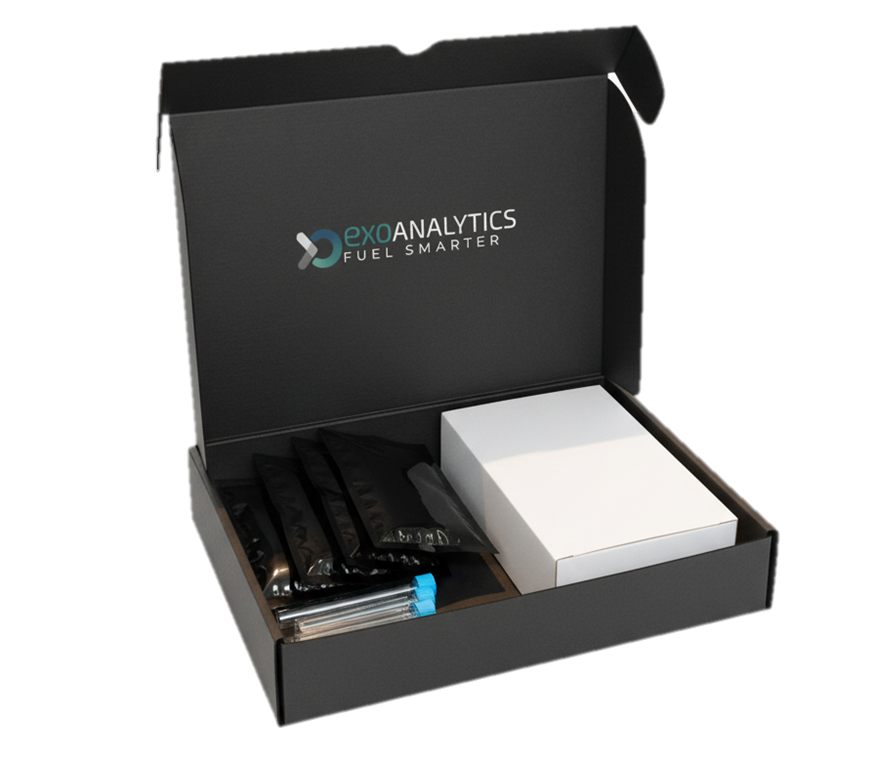At-home testing made easy
Is this test for you?
Are you a cyclist, triathlete, endurance runner or all round athlete?
Are you struggling to understand your carbohydrate needs?
Have you suffered with digestive issues?
Have you run out of energy during long races?
Do you want to understand yourself better as an athlete?

With the ExoAnalytics carbohydrate test, we can now measure directly how much of the carbohydrates you consume during training and racing are actually used by your muscles.
Grounded in science, ExoAnalytics uses a technique called Exogenous Carbohydrate Oxidation Testing.
Used by some of the best endurance athletes in the world, this test allows you to know exactly how many gels, drinks, or similar should form your personalised fuelling strategy.
No more low energy, no more digestive issues. Feel confident to chase your next goal.

Trusted Science
Our exogenous carbohydrate oxidation testing uses cutting-edge carbon-13 (13C) stable isotope technology - a gold standard in sports science for decades.
This method has been validated in published studies for decades and is widely considered the reference standard for assessing exogenous carbohydrate oxidation in both research and elite athletic practice.
Our team are experts in the field and now are bringing this to you, at home.
More about Jamie
What's in the kit?
A full guide and simple walkthrough on how to prepare for and complete the test, which takes approximately 90 minutes.
Carbohydrate powder – to make into drinks which you will consume during the test.
Breath tubes – to collect breath samples before and after exercising.
Metabolic mask – which you will wear for 10 mins at the end, to measure markers.
Pre-paid return packaging to send back your breath samples and the metabolic mask.
A comprehensive report containing your results, prepared by our expert scientific team.
Order your kit
